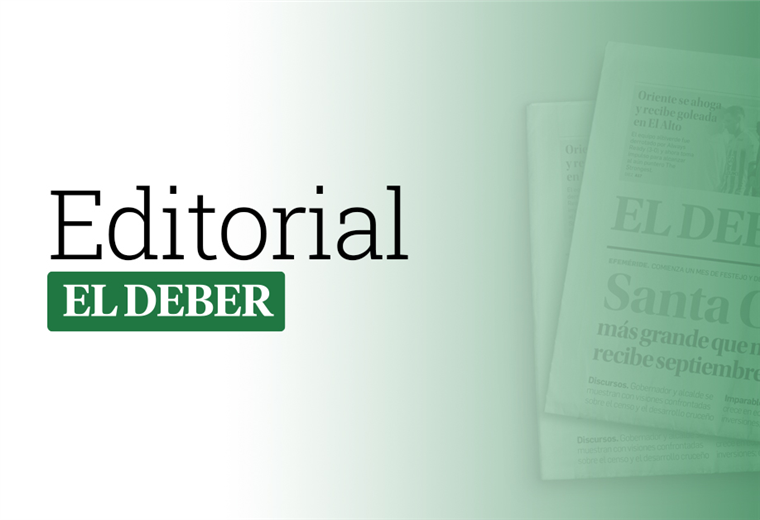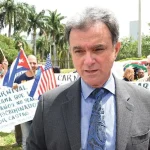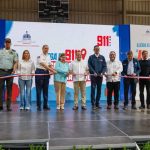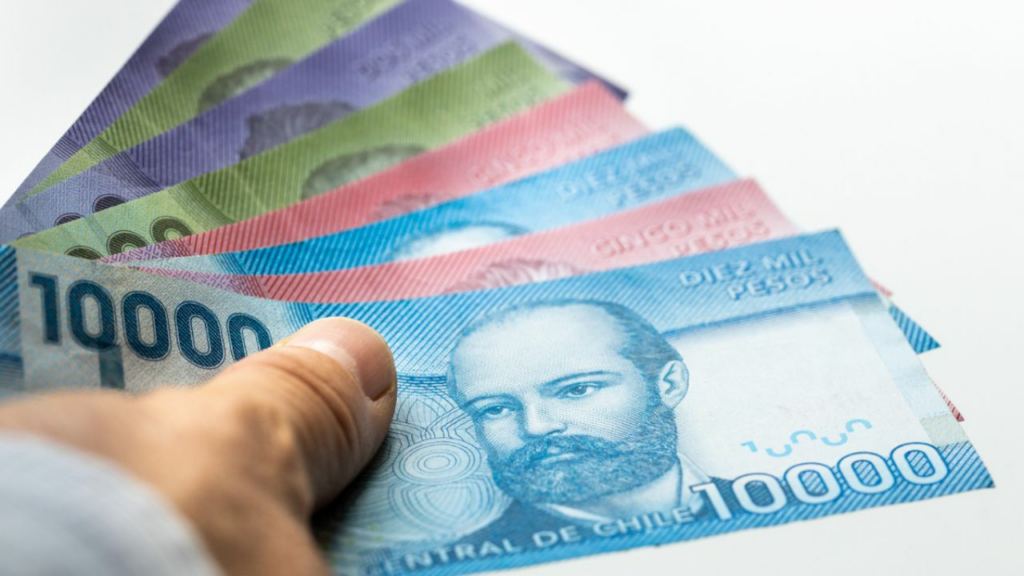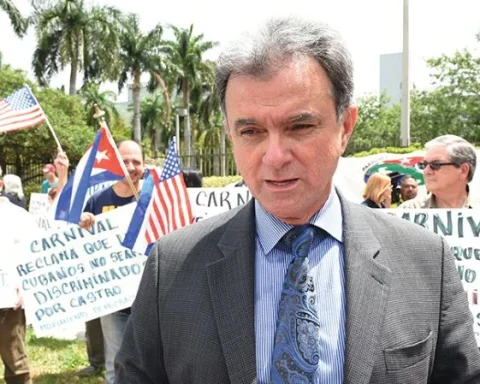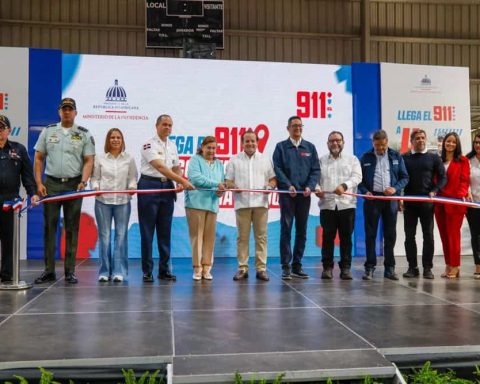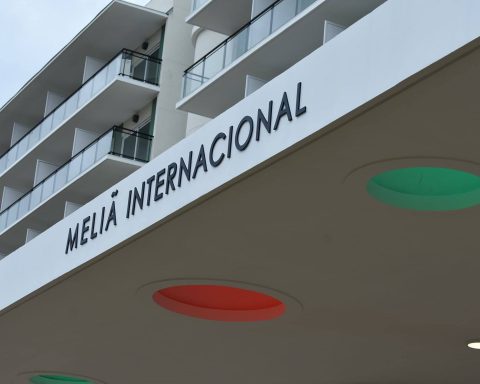May 12, 2024, 4:00 AM
May 12, 2024, 4:00 AM
Suitability, transparency and integrity should be essential characteristics of any public servant. In the case of deputies, senators or presidents, among other high State authorities, it is essential to have exemplary personal conduct free of all stain. But unfortunately, in Bolivian society a politician with such high virtues is only part of a utopia.
On the contrary, in our country the public service is, practically, a nest of power, corruption and illicit enrichment, and examples abound. Precisely, to try to stop this phenomenon, the sworn declaration of assets has been made mandatory before the State Comptroller General’s Office, which is, in short, a salute to the flag because if all the data were true, one would have to believe that the officials Public officials are very poor and live in debt, although in their daily lives many flaunt their considerable fortunes.
Another mechanism to combat money laundering and the legitimization of illicit profits is the work carried out by the Financial Investigations Unit (UIF). When we talk about money laundering, we are talking about economic resources from illegal activities such as drug trafficking and smuggling. And the legitimation of illicit profits is the mechanism that the corrupt use to try to “launder” ill-gotten money, the result of acts of corruption with public resources.
The FIU has the necessary legal support and the appropriate technology to monitor financial transactions on a daily basis and classifies as suspicious financial movements any unusual operation due to the frequency or amounts that are not in line with the “legal” economic activity of any person. And if the entity detects sufficient evidence of illegal conduct, it puts the case in the hands of the Public Ministry.
Precisely, that is the situation of the president of the Chamber of Deputies, Israel Huaytari, who would have received Bs. 1.5 million in a joint account with his wife, between 2020 and 2022. A case that, for a change, was drowned in paperwork and legal devices until independent journalism, when not, made the issue public knowledge.
Huaytari is an “arcist” deputy who emerged from anonymity when he was elected president of the Chamber of Deputies. His management at the helm of the legislative body is inefficient and mediocre. He did nothing to unblock the conflict of judicial elections and has chosen to avoid plenary sessions on the pretext that they are too expensive.
Regarding the open investigation against him, Huaytari has responded evasively. At first, he denied having knowledge of the investigations, then he challenged the Prosecutor’s Office to prove the facts and finally denounced that there was a conspiracy against him. No argument or forceful defense.
It would have been ideal for Huaytari to transparent its resources and demonstrate their legitimate origin with support for its legal economic activity, tax payments, product deliveries or whatever is necessary to justify the fortune.
In countries with a firm and unbroken institutional framework, a complaint like the one mentioned would have had two possible outcomes: a clear and forceful response from the person in question or their immediate submission to the law, but as was said at the beginning, that is part of a utopia. .
Huaytari, a parliamentarian who is even in the presidential line of succession, owes Bolivia an explanation. As simple as “he has nothing, he fears nothing.”
